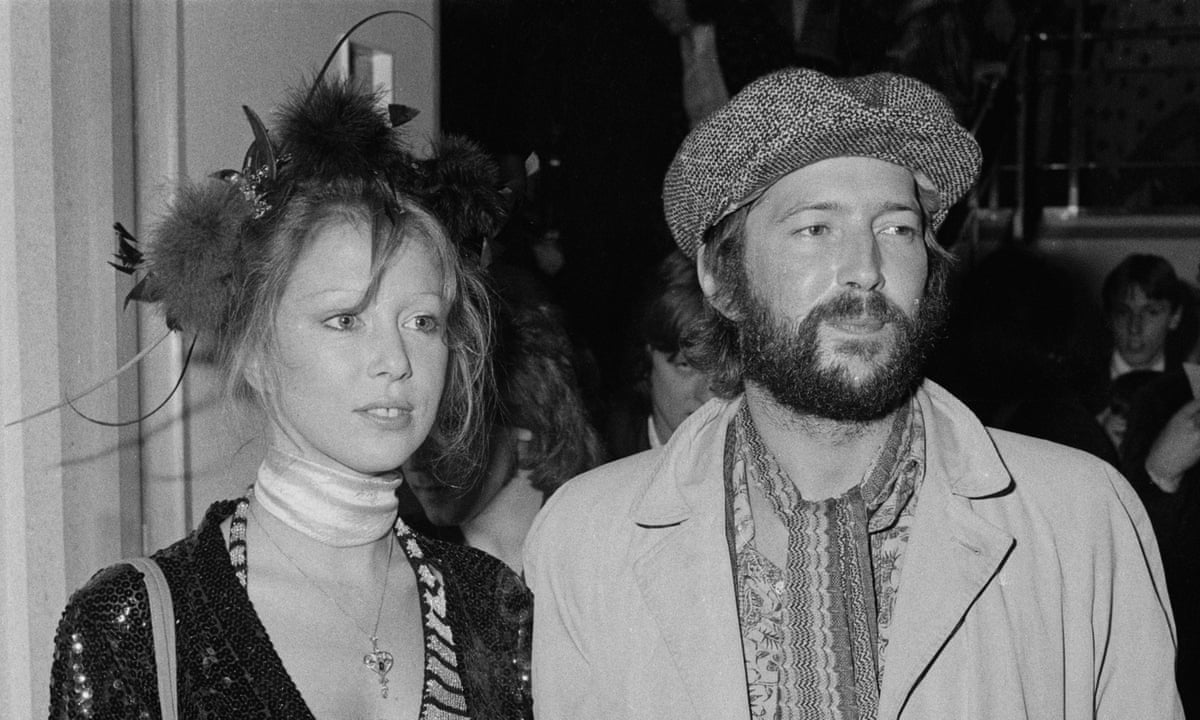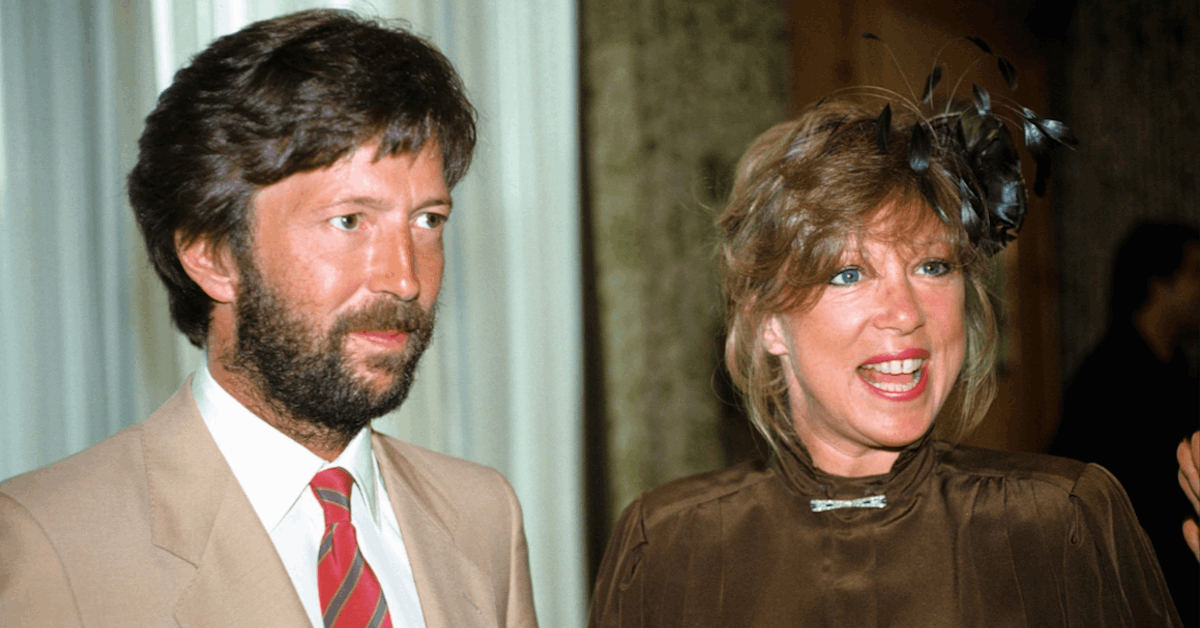In 1976, Eric Clapton was sitting quietly with his guitar while waiting for Pattie Boyd to get ready for a party hosted by Paul and Linda McCartney. What could have been an ordinary evening transformed into something timeless. As Boyd tried on dresses upstairs, Clapton began strumming soft chords that would soon become one of the most enduring love songs in history.

By the time Boyd came downstairs, the melody had taken shape. She later recalled in her autobiography, “I came downstairs and he played it for me. It was such a beautiful moment — I couldn’t believe someone had written something so lovely about me.”
Released in 1977 on Clapton’s album Slowhand, “Wonderful Tonight” was instantly recognized as a classic. Its power came not from grandeur or technical complexity but from simplicity and restraint. With lines like, “Do I look all right?” answered by, “You look wonderful tonight,” Clapton captured intimacy in its most genuine form.

The song struck a universal chord, resonating with couples who saw their own quiet moments reflected in its lyrics. At weddings, anniversaries, and countless romantic milestones, the track became a soundtrack to love. What began as a fleeting moment in a waiting room of life turned into an anthem of devotion for generations.
Yet behind its beauty lay a complicated truth. By the time the world embraced the song, Clapton and Boyd’s relationship was already strained by the pressures of fame and Clapton’s struggles with addiction. The tenderness of the song stood in sharp contrast to the turbulence they faced behind closed doors.
Clapton himself has reflected on that duality in later years. “I still sing it, but I don’t think of it the same way,” he admitted. “It’s more reflective now — when I play it, I remember the good parts of that time.”

Today, “Wonderful Tonight” remains one of Clapton’s most beloved works, a song that transcends the era in which it was written. Its lasting power lies in its honesty — the ability to turn a simple exchange of words into eternal music. Decades later, audiences still sway to its opening chords, reminded that sometimes the most timeless expressions of love are born in the smallest, quietest moments.